Though integral to the Hitchhikers story, A Small Cafe in Rickmansworth was cut from Douglas Adams’ London from Herb Lester Associates.
Just like with Heathrow, there were a few reasons, but mainly because it is not truly “London.” It’s miles from everything else on the map.
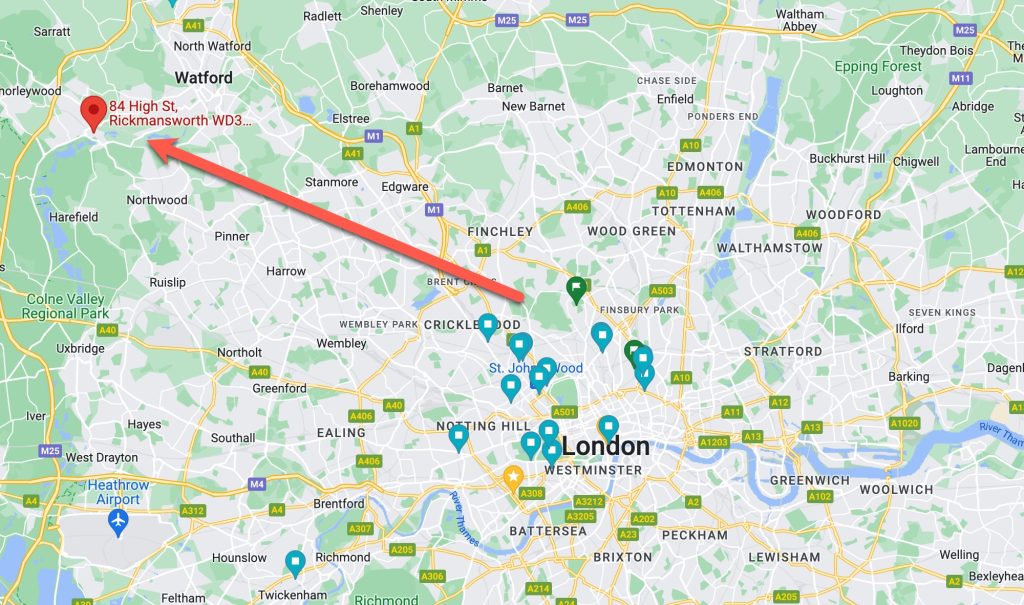
Another reason I didn’t mind this cut is because as the human guide, although I have been to Rickmansworth twice, I’ve never been in a “cafe” there. A British cafe is the US equivalent of a diner. They serve full meals, unlike a coffee shop. That is how Fenchurch, “collapsed screaming into an egg sandwich,” according to her horrible brother in SLATFATF. She was having a meal, not just a beverage.
But in 2015, I did not know this. I got off the train, found the high street, and had cocoa in the only cafe on the high street—a Costa Coffee franchise.
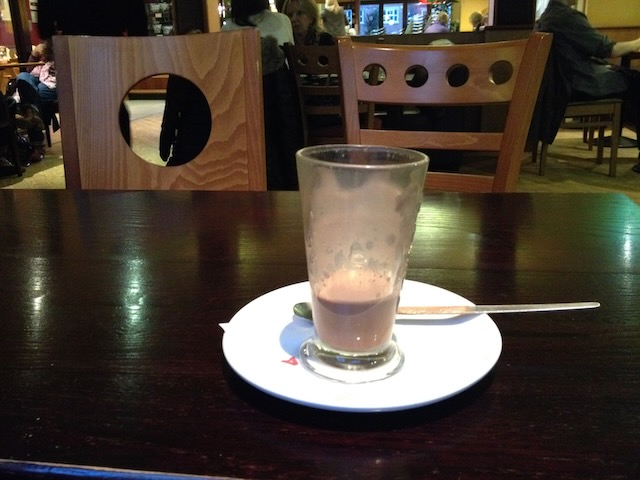
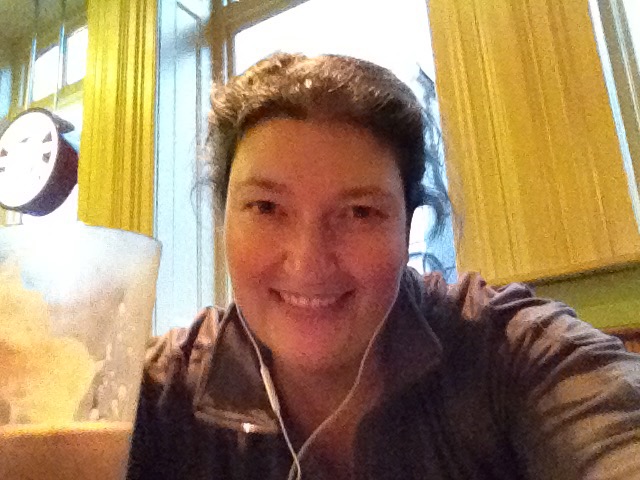
The second time I was driven to Ricky, as it is called, affectionately (or not?) by a local fan-friend, my planning was bad. I didn’t leave enough time to search for a proper cafe before we were starving. Instead, we toured the peaceful St. Mary’s church, chatted with the church librarian about local literary tourism locations (I must find that note in my phone), and ate a delicious lunch in a preserved and artfully redecorated old pub currently named The Feathers.
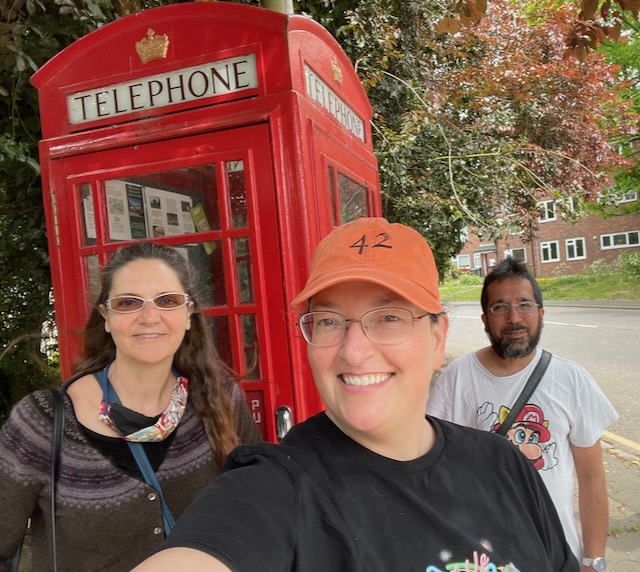
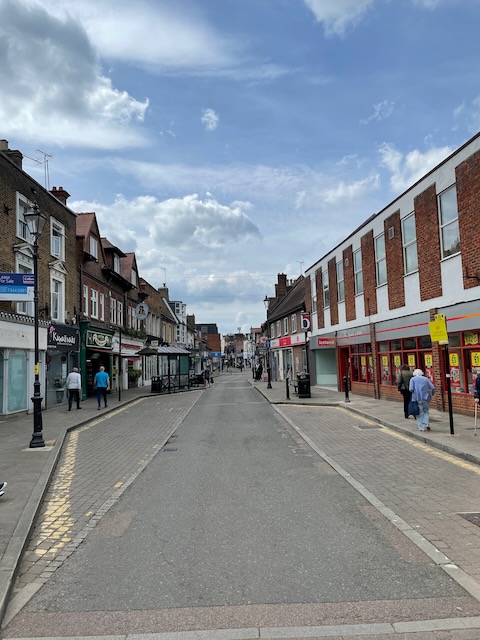
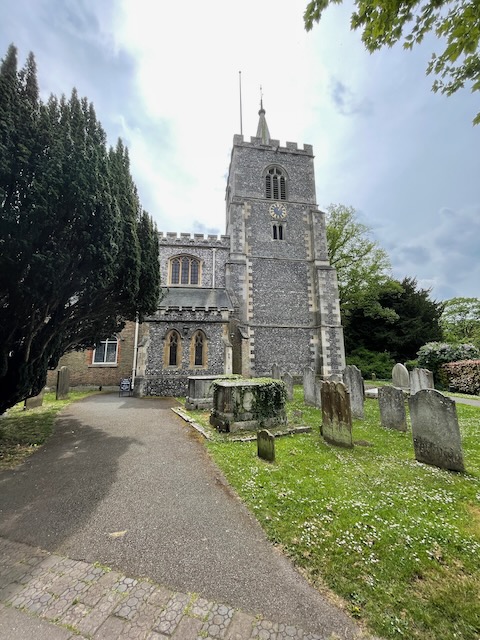
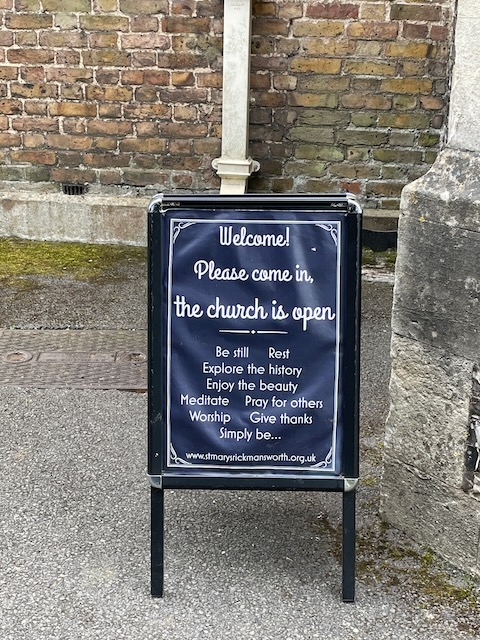
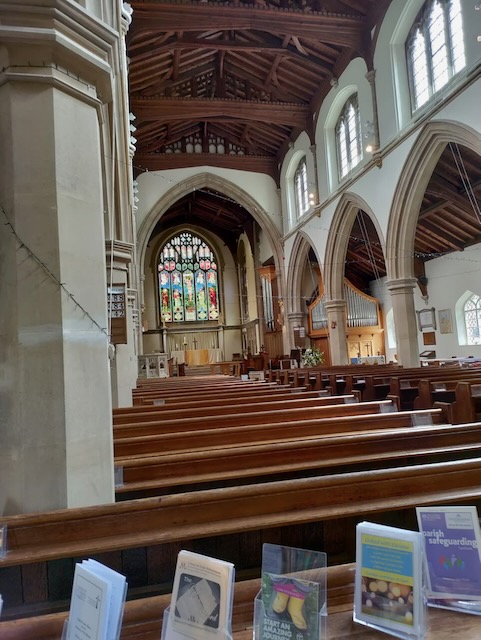
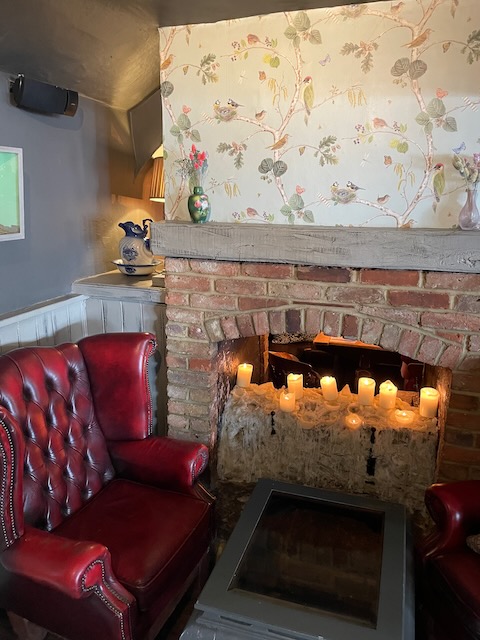

Then we were out of time. When I get back, I want to map out a full day’s walk that really shows off Ricky’s finest advantages: The Aquadrome, the charming high street within walking distance of the train station, and yes, the very best cafes. Not to mention that if I ever have the privilege of digging through the Adams Archives at St. John’s, I will be sure to look for evidence of a stronger link between Adams and Ricky.
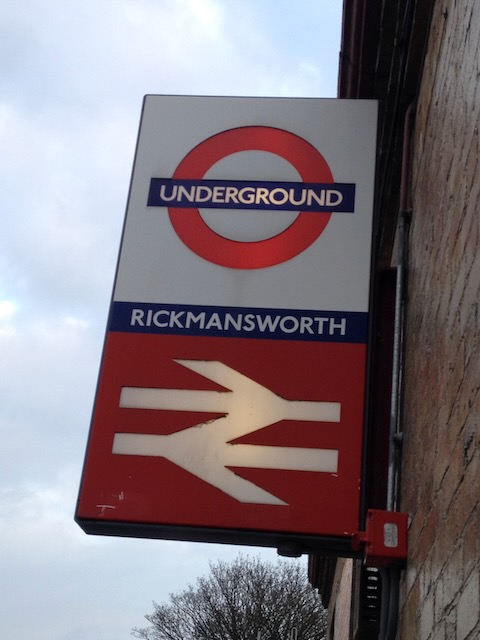
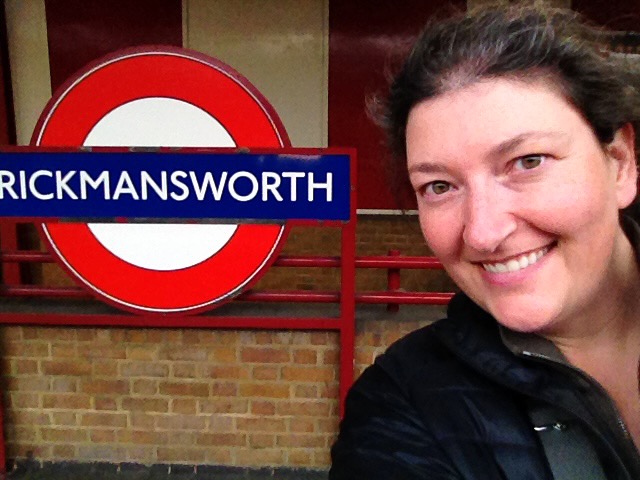
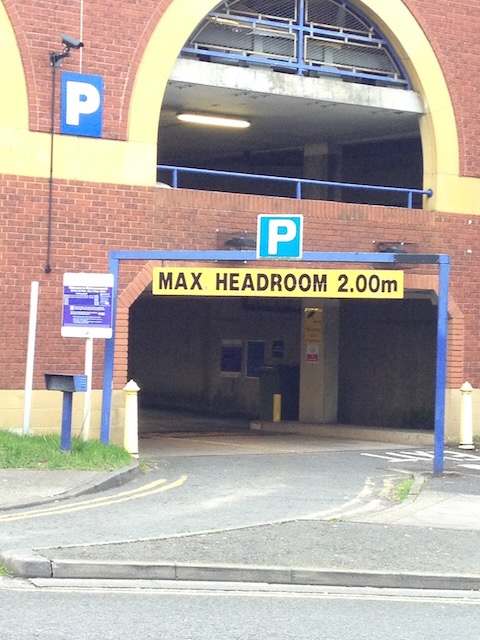
Until then, here’s what was cut:
Moments before the Vogons destroy it, Fenchurch, sitting in a small cafe in Rickmansworth, has a revelation about how to fix the whole miserable, earth. Hitchhiker fans have wondered why she was in Rickmansworth and what it was about this out-of-the-way town that prompted Adams to include it. Archival materials quoted in The Frood include a frustrated Douglas writing to himself about how his plot elements don’t make any sense, including this gem: “Arthur can be commissioned to do the question finding because he once went past Rickmansworth on the A40.”
Many movies and television shows have been filmed in the vicinity of the town but there’s no mention of Adams ever even visiting the place. Was it the charm? The way it sounds rolling off the British tongue? A further connection to Wilde’s The Importance of Being Earnest? Or, as one fan put it, a name that stood in for “suburb where no one ever goes and nothing important ever happens.”
I suppose having the most important thing to ever happen, happen in a place where nothing ever happens, is, inherently, a pretty good joke:
“And then, one Thursday, nearly two thousand years after one man had been nailed to a tree for saying how great it would be to be nice to people for a change, a girl sitting on her own in a small café in Rickmansworth suddenly realised what it was that had been going wrong all this time, and she finally knew how the world could be made a good and happy place. This time it was right, it would work, and no one would have to get nailed to anything. Sadly, however, before she could get to a phone to tell anyone about it, a terrible, stupid catastrophe occurred, and the idea was lost for ever.”
The Hitchhiker’s Guide To The Galaxy by Douglas Adams
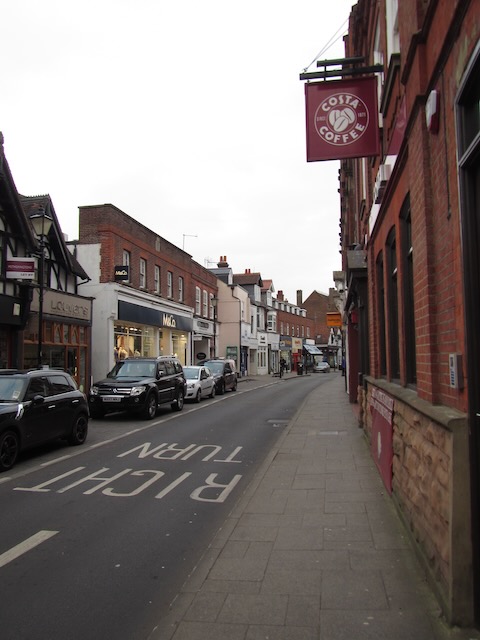
What do you think?